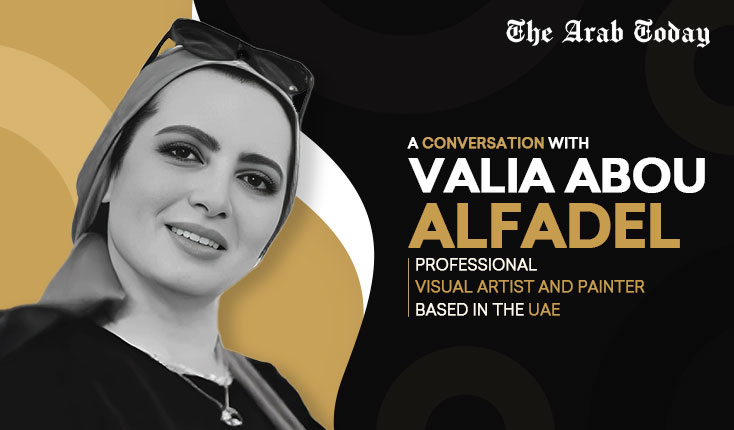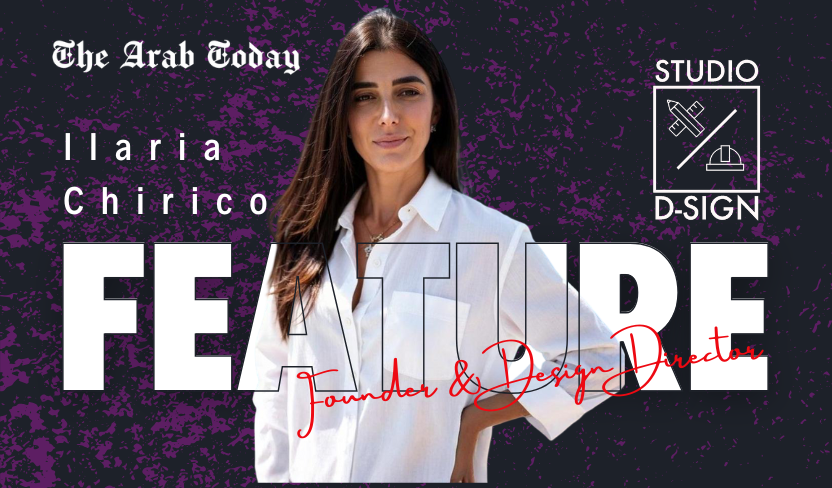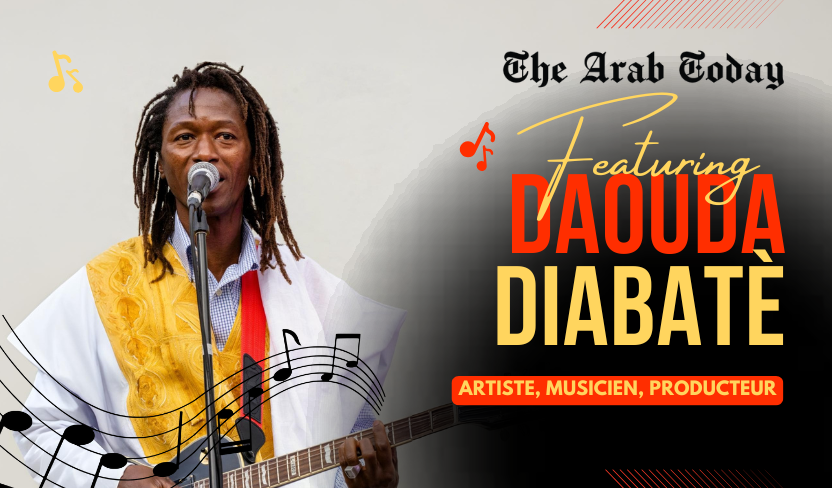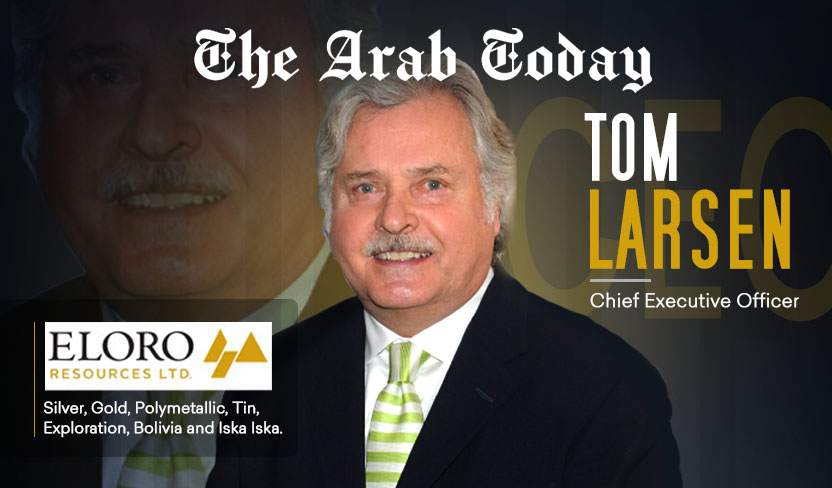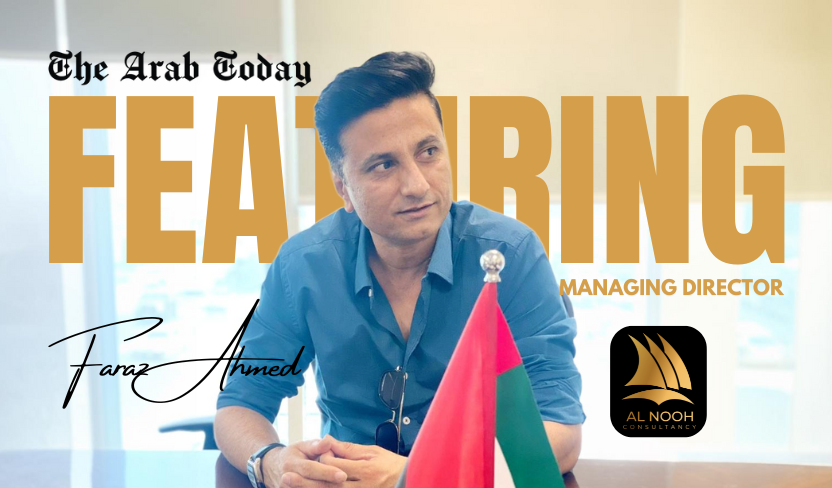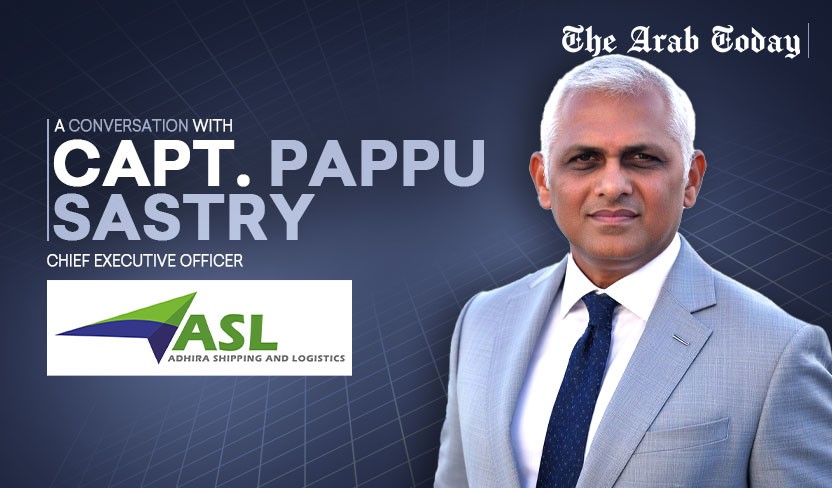Valia Abou Alfadel Interview
Valia Abou Alfadel is a renowned Syrian visual artist and creative art director based in the UAE, celebrated for her expressive watercolor works and powerful message of love and beauty. With over 48 local and international exhibitions, Valia has earned a place among the world’s top 20 watercolor artists. Her work gracefully blends traditional techniques with modern digital art, often reflecting themes of femininity, emotion, and spiritual depth. Holding Dubai’s prestigious Golden Residency, Valia continues to inspire audiences across the globe with art that speaks from the heart.
From Damascus to Dubai
We started the interview by asking, “Can you tell us about your journey into the world of art and what inspired you to pursue it professionally?”
Valia Abou Alfadel replied, “Art was never a choice—it was an existential necessity. Growing up in Syria, I saw the world through a different lens; every color carried meaning, every shape held memory, and every moment carried the potential to become a painting. Expressing myself through art wasn’t merely a hobby—it was my way of understanding the self and reconciling with what words could never fully convey.
Studying at the High Institute of Fine Arts gave me the tools of visual language, but it didn’t teach me art as much as it helped me uncover it within. Little by little, I realized that art is not something I do—it is something I am. It is my mirror, my window, and my message to the soul.
When I moved to the UAE, the geography changed, but the longing remained the same: how do I translate human beauty, longing, and love into silent works that still speak? I found myself in a new landscape of possibilities, where my artistic voice could reach far beyond borders and connect with a diverse audience who saw a part of themselves in my work.
My journey with art is neither past nor complete—it is a constant question, an ongoing search for light, both within and in the world.”
A journey of art driven by heart
The Arab Today: Your work has been exhibited in over 48 exhibitions worldwide. What keeps your passion for art alive?
Valia Abou Alfadel replied, “What keeps my passion for art alive is not success, recognition, or even the number of exhibitions—it is the quiet, eternal dialogue between the soul and the unknown. Every canvas is a threshold, a new question posed to existence. Despite having exhibited my work in over 48 exhibitions worldwide, I still stand before the blank surface with the same wonder, the same reverence, as I did in the beginning.
Art, for me, is not a profession—it is a way of being. It is how I listen to the world, and how I speak back to it without words. I believe beauty is not something to be found; it is something to be revealed, and that revelation begins within. My experiences—from the textures of Syria to the evolving rhythms of the UAE—have given me not only inspiration but a deeper sense of responsibility: to translate the unspoken, to give form to feeling.
Each exhibition is not a milestone but a moment of communion—with others, with me, and with the timeless themes that unite us all. If there are unseen emotions, unanswered questions, and invisible beauty waiting to be brought into light, my passion for art will remain an unending journey.”
Art Rooted in Emotion
The Arab Today: “Love is my message” has become a central theme in your art. Can you share why?
Valia Abou Alfadel replied, “Love is my message” is not a slogan—it is the essence of my creative existence. To me, love is not merely an emotion, but the invisible thread that weaves all beings together—the original energy from which life itself unfolds. It is a language older than words, a light that reveals the hidden beauty in all things.
In my art, I do not portray love as romantic sentiment, but as a force that creates, heals, and purifies. Beauty begins within—from a heart that knows how to love, how to see the world through compassion rather than judgment. That is why women often appear in my work—not just as symbols, but as beings who carry within them the paradox of strength and vulnerability, silence and expression, destruction and rebirth. To me, woman is the most complete embodiment of love made flesh.
I turn to color, form, and symbolism not to decorate reality, but to unveil a nobility that still exists in this weary world. In an age overwhelmed by fragmentation and indifference, I believe art can be a breath of warmth—a moment of quiet light—reminding us that love is still possible, and beauty still exists for those who choose to see it.
My message is simple in its form but profound in its intent: to help us remember what we’ve forgotten—that love, in the end, is the only truth worth painting… and the only force worth living for.”
Bridging tradition and technology
The Arab Today: You work with both traditional and digital art. How do you balance these two worlds?
Valia Abou Alfadel replied, “I do not see traditional and digital art as opposing forces, but as complementary dimensions—two languages through which the soul speaks. Traditional art, especially watercolor, is where my journey began. There’s a quiet magic in its unpredictability, a kind of surrender to the moment. The way pigments merge with water, the way a single brushstroke can carry emotion—it’s a dialogue between the hand, the heart, and the material world.
Digital art, on the other hand, is a realm of endless possibility. It offers the freedom to explore, to refine, to build upon the rawness of the traditional with precision and imagination. It doesn’t replace the physical; it expands it. Often, my process begins with something tangible—a sketch, a wash of watercolor—and then flows into the digital, where the work is reborn, layered with new dimensions.
For me, the balance lies in allowing each medium to do what it does best. One offers spontaneity and soul, the other, depth and expansion. When blended, they form a bridge between past and future, between the tactile and the intangible. In the end, both serve a single purpose: to translate emotion into form, to communicate beauty, and to carry forward my eternal message of love.”
Where media meets meaning
The Arab Today: You’ve worked extensively in art direction and media in the UAE. How has this influenced your art?
Valia Abou Alfadel replied, “I do not see traditional and digital art as opposing forces, but as complementary dimensions—two languages through which the soul speaks. Traditional art, especially watercolor, is where my journey began. There’s a quiet magic in its unpredictability, a kind of surrender to the moment. The way pigments merge with water, the way a single brushstroke can carry emotion—it’s a dialogue between the hand, the heart, and the material world.
Digital art, on the other hand, is a realm of endless possibility. It offers the freedom to explore, to refine, to build upon the rawness of the traditional with precision and imagination. It doesn’t replace the physical; it expands it. Often, my process begins with something tangible—a sketch, a wash of watercolor—and then flows into the digital, where the work is reborn, layered with new dimensions.
For me, the balance lies in allowing each medium to do what it does best. One offers spontaneity and soul, the other, depth and expansion. When blended, they form a bridge between past and future, between the tactile and the intangible. In the end, both serve a single purpose: to translate emotion into form, to communicate beauty, and to carry forward my eternal message of love.”
A milestone that honors her artistic journey
Lastly we asked, “You’ve received several honors, including Dubai’s Golden Residency. What does this recognition mean to you?”
“Receiving Dubai’s Golden Residency felt like a message from the universe — a quiet yet powerful affirmation that the beauty we plant through art does not go unnoticed. It wasn’t merely an administrative honor; it was a mirror reflecting my journey, from humble beginnings in Syria to moments of deep artistic growth in a land that embraces creativity — the UAE.
This recognition is not just about stability; it’s about the realization that art transcends borders and becomes a passport for the soul. It tells me that the messages I embed in my work — of love, beauty, and reflection — have found a home in the hearts of others.
More than a reward, it feels like a responsibility — to keep creating as a way of opening windows to light, to remain a truthful mirror to the transformations we experience as humans. Not through the language of suffering, but through the language of transformation and grace.
Now, more than ever, I feel called to sow seeds of hope — not only on the walls of galleries but within the hearts of those who encounter my work.” Valia Abou Alfadel concluded
Connect with Valia Abou Alfadel on Instagram
Visit Valia Abou Alfadel on her website
Also Read:
Exploring Medicine’s Art: Interview with Dr. Sofica Bistriceanu
Michael Gale, Founder of the Entrepreneurs Group
Rebuilding with Purpose: Peter Middlebrook on Fragile States
